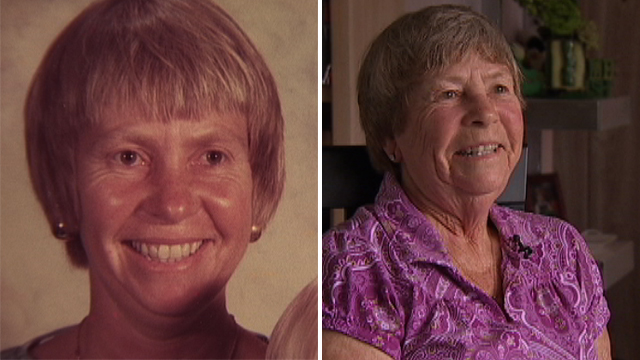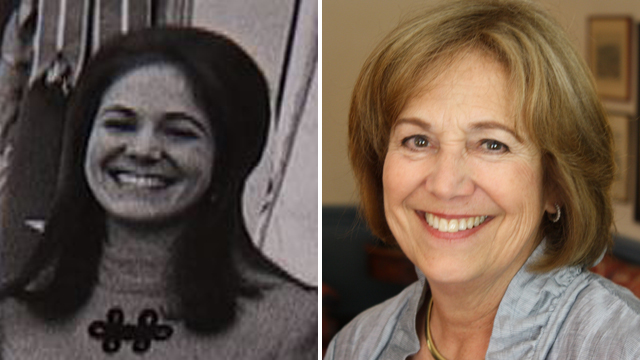Women of Watergate
- Published
In 1972, Bob Woodward and Carl Bernstein began to investigate and expose all the president's men involved in the Watergate scandal. But as their book by the same name shows, the reporters were helped by several women who played crucial roles in revealing the White House's dirty tricks campaign.
-
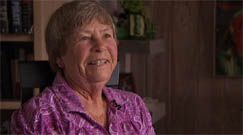 The bookkeeper
The bookkeeper
-
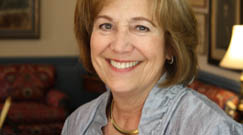 The wife
The wife
-
 The reporter
The reporter
-
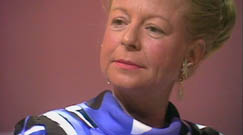 The campaign worker
The campaign worker
-
Judy Hoback
The bookkeeper
Watergate watchers know about Deep Throat, the anonymous source made famous in All the President's Men. But another unnamed informant, "the Bookkeeper" was an even more important source for the reporters. An employee at the Committee to Re-elect the President (CRP), Judy Hoback was a young widow when Woodward and Bernstein came knocking on her door. Now known as Judy Miller, she is close to finishing her last bookkeeping job and retiring in Florida.
"They were pushy young men. I was really scared and they played on that." -
Debbie Sloan
The wife
Hugh Sloan, the treasurer for the CRP resigned from his post soon after the Watergate burglary. His wife, Debbie, was hailed as her husband's moral backbone and a driving force behind his decision - a depiction she has routinely played down. She invited Woodward and Bernstein into her home, and her husband became a valuable source. Now a grandmother living in Michigan, she recalled the year her life changed completely.
"We began to sense something was not right, and we talked about it every night." -
Marilyn Berger
The reporter
Veteran diplomatic reporter Marilyn Berger didn't set out to become part of the Watergate story. But the information she discovered - gained after a former Post employee turned White House insider tried to impress her over drinks - helped prove a connection between political "dirty tricks" and the Nixon administration. When she shared what she learned with the Post reporters, she became part of the story. Now in her 70s, Berger is a mother for the first time, raising a young boy from Ethiopia.
"He was probably trying to show me what a powerful man he was, and wasn't he wonderful." -
Martha Mitchell
The campaign worker
The wife of attorney general John Mitchell and an early member of CRP, Mitchell sounded a frequent warning about the committee's misdeeds. But her outsized personality and rumoured drinking problem led many to disregard her. Later, psychologists coined the phrase "Martha Mitchell effect", used when people are diagnosed as mentally ill because they're telling a truth that seems too outrageous to believe. In 1974, she sat down with veteran broadcaster David Frost to tell her story. She died two years later.
"I was brainwashed. I was told that this is what goes on in campaigns."
Produced by Kate Dailey, Bill McKenna and Adrian Brown
